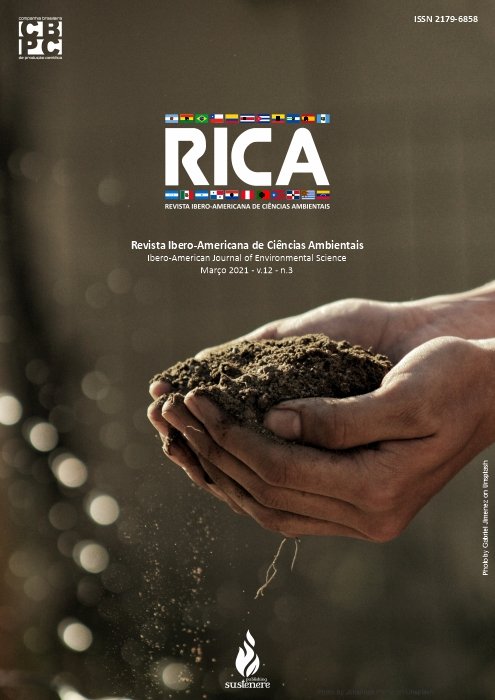Modeling and forecasting mean monthly streamflows of Paranaiba River using SARIMA model
DOI:
https://doi.org/10.6008/CBPC2179-6858.2021.003.0022Keywords:
Water resources, Hydrological modelling, ARIMA, Time seriesAbstract
Due to the disorderly growth of cities, industrialization and agricultural expansion, Brazil is already beginning to face problems of water scarcity. The management of water resources is of paramount importance to minimize the inconvenience caused by this type of problem. In this sense, the forecast streamflows has a significant importance in the management of water resources and are essential for a good planning and control of water uses. For that, stochastic models of time series can be used to determine the streamflows forecasts. In this work, models of the SARIMA class were used, as they incorporate seasonal characteristics in the model. The objective was to model and carry out forecasting studies of a time series of mean monthly streamflows in a Paranaíba River basin in the Alto Paranaíba region, MG, with data from January 2003 to December 2014. The methodology adopted was that of Box and Jenkins and identification of the order of the models was done through the graphic analysis of the autocorrelation (ACF) and partial autocorrelation functions (PACF). For the model selection, AIC and BIC selection criteria were used, in such a way that, among the selected models, the SARIMA model (2,1,2) (1,0,0) 12 was the one that best fit the data in study. This model obtained a satisfactory NS of 0.85 for the calibration. As for the validation of the forecast, for a 6-month ahead, the NS outside -3.34, showing that the model did not fit the data presented. This fact points to the water crisis observed in the region in 2014. The study shows that there are situations that statistical models may not be able to predict periods of drought, because they are not part of the previously established data domain.
Downloads
Downloads
Published
Issue
Section
License
The CBPC - Companhia Brasileira de Produção Científica (Brazil CNPJ: 11.221.422/0001-03) the material rights of the published works. The rights relate to the publication of the work anywhere in the world, including rights to renewals, expansions and dissemination of the contribution, as well as other subsidiary rights. All electronically published works may subsequently be published in printed collections under the coordination of this company and / or its partners. The authors preserve the copyright, but are not allowed to publish the contribution in another medium, printed or digital, in Portuguese or in translation.









